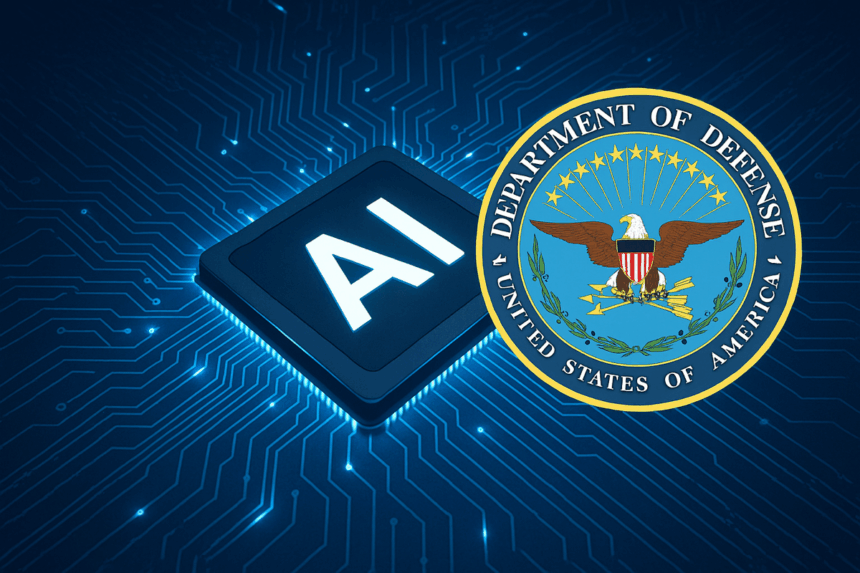OpenAI wins a $200 million contract from the U.S. Department of Defense (DoD) to deploy generative artificial intelligence (AI) for military applications. The deal is OpenAI’s first official government partnership, targeting a boost in warfighting capabilities and improving administrative tasks, including healthcare and cyber defense. This collaboration represents the growing interest in AI and national security.
What’s Happening & Why This Matters
The U.S. Department of Defense (DoD) announced the $200 million contract with OpenAI to develop prototype AI tools addressing “critical national security challenges.” OpenAI will focus on enhancing military operations in warfighting domains and enterprise functions.
This contract marks the first step in OpenAI’s broader initiative to integrate cutting-edge AI into government operations. OpenAI plans to demonstrate how AI can streamline administrative services, improve service members’ healthcare access, and fortify cyber defenses.
The company stresses that all AI-military applications will follow OpenAI’s usage guidelines designed to uphold ethical standards. OpenAI CEO Sam Altman emphasizes the company’s commitment to aligning AI use with democratic values and promoting broad societal benefits.
Other tech giants also court the military market. Meta and defense software firm Palantir, founded by Silicon Valley conservative tech figure Peter Thiel, have pitched AI tools to U.S. defense agencies.
OpenAI and defense startup, Anduril Industries, recently teamed up to create AI systems targeting threats like aerial threats and unmanned aircraft. This partnership merges OpenAI’s AI models with Anduril’s military tech to enhance security missions.
Altman notes, “OpenAI builds AI to benefit as many people as possible, and supports U.S.-led efforts to ensure the technology upholds democratic values.” This contract amplifies OpenAI’s role in national defense innovation.
The U.S. military’s investment underscores the increasing importance of AI in modern warfare, cybersecurity, and logistics. It also raises questions about how AI ethics, transparency, and governance will adapt to military uses.
TF Summary: What’s Next
OpenAI’s $200 million contract with the DoD launches a new era of AI-powered warfighting and enterprise support. The partnership will test how AI can improve military operations and protect national security.
As OpenAI applies its ethical guidelines to defense applications, the broader AI community will watch how military AI evolves amid challenges of transparency and responsibility.
— Text-to-Speech (TTS) provided by gspeech


